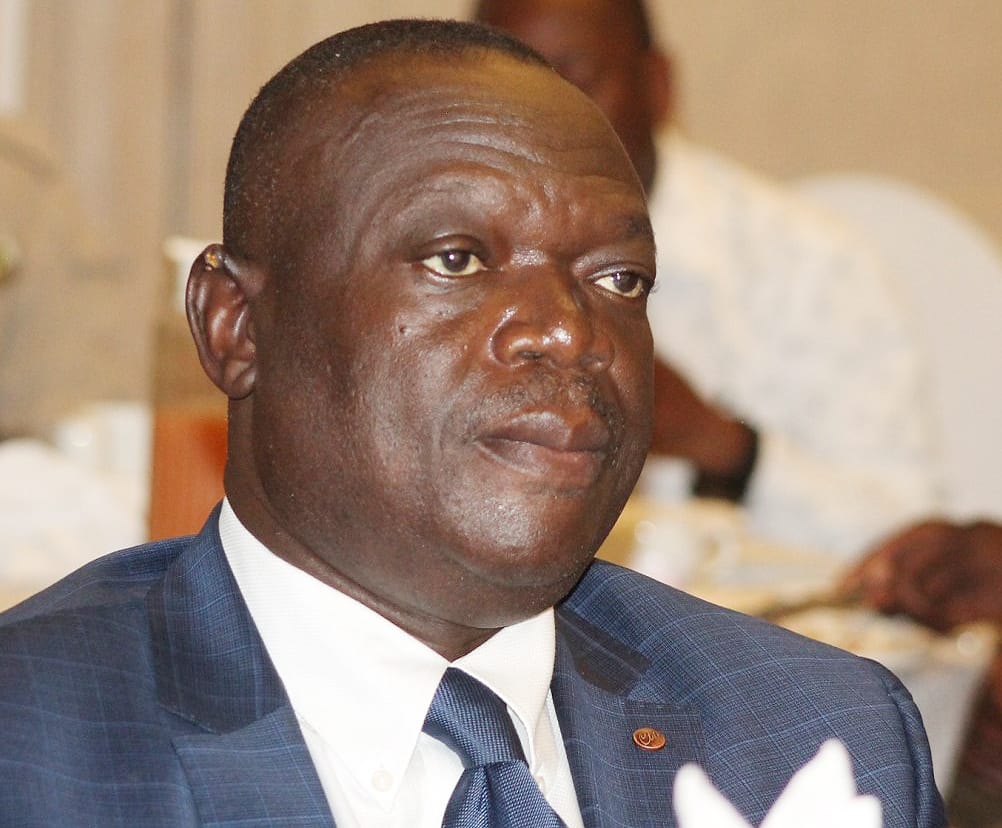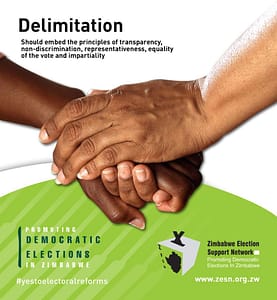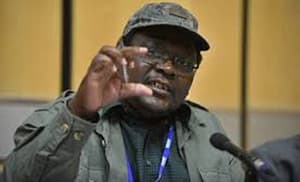Gukurawindi executor, Shiri dies a lonely death

Late Agriculture Minister Perence Shiri
HARARE – Perrance Shiri, the former army general blamed for the deaths of thousands of minority Ndebele people in post-independence war massacres has died aged 65.
Shiri was agriculture minister after retiring as Air Force commander in 2017, having plotted with other military commanders to topple the late former president Robert Mugabe.
Shiri, who was not married, died alone in his vehicle in the early hours of Wednesday while trying to drive himself to a private hospital nearby, ZimLive understands.
He called two trusted friends – Norton MP Temba Mliswa and his ministry’s permanent secretary John Bhasera – to come to his assistance, but he was dead by the time they arrived.
Sources said he had Covid-19. His driver was buried last Saturday after succumbing to the respiratory disease caused by the coronavirus.
Shiri missed Cabinet on Tuesday after being advised to self-quarantine at home. He visited a private hospital in Belgravia on Monday and Tuesday, but was allowed to return home.
Officials in Shiri’s ministry, in off-the-record briefings, said the former minister initially fell sick two weeks ago following a trip to Rushinga. He thought he had been poisoned, according to the sources, before his driver tested positive for the virus which has infected 2,817 and killed 40 in Zimbabwe.
The ministry of agriculture has closed its offices for disinfection procedures.
President Emmerson Mnangagwa eulogised Shiri as a “true patriot, who devoted his life to the liberation, independence and service of his country,” but the liberation war veteran had a chequered past.
He commanded the army’s 5 Brigade unit that carried out the 1980s massacres of thousands of civilians in western Zimbabwe, as the government sought to quell what it said was an insurgency.
The army massacres, known as “Gukurahundi”, a Shona term meaning the “early rain that washes away the chaff”, remain a sore point for the people of the Matabeleland region, many of whom demand justice and reparations.
Shiri was known as ‘Black Jesus’ because he could decide whether victims lived or died.
Rights groups say as many as 20,000 people died in the crackdown between 1983 and 1987, when the two liberation war movements ZANU and PF ZAPU inked a unit pact to end the killings.
Former Mugabe minister Jonathan Moyo, whose father was killed by the 5 Brigade, wrote on Twitter: “It’s tragic that Perrance Shiri has departed without facing justice over the Gukurahundi atrocities he committed in Matabeleland andMidlands provinces in the 1980s; nor telling the truth about those atrocities to help heal the nation.”
Scores of Zimbabweans took to social media to express their anger with the departed General.
“How can Mnangagwa’s regime be claiming to be trying to resolve the genocide and bring closure to it, while remorselessly singing praises for and honouring the perpetrators of the killings? People must be serious about these things,” wrote Dumisani Muleya, a respected for newspaper editor.
Siphosami Malunga a celebrated human rights defender wrote on his Facebook wall that he regretted the fact that Shiri died before facing justice for the thousands of people he murdered.
The main opposition Movement for Democratic Change accused Shiri of being among the security chiefs who organised violence against its members after Mugabe lost the first round of the presidential vote in 2008.
—Staff Reporter/Zimlive/Reuters






